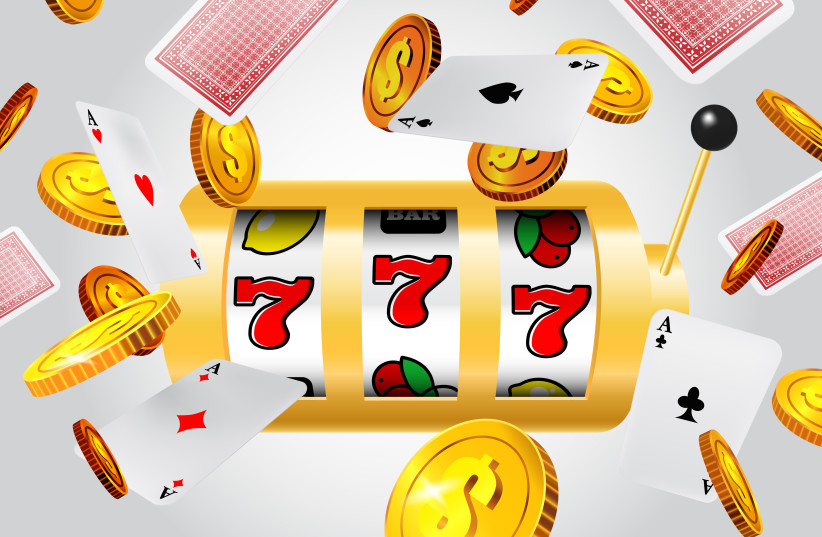In the ever-evolving landscape of the gaming industry, one genre has maintained its steadfast popularity: slot games. From the jingles of coins dropping to the vibrant graphics and immersive themes, slot games have become a cultural phenomenon, captivating players across the globe. Yet, beyond the surface level of spinning reels and flashing lights lies a fascinating world filled with innovation, psychology, and technology. Let’s embark on a journey to unravel the unique allure of honda4d slot games.
The Evolution of Slot Games:
Slot games trace their origins back to the late 19th century with the invention of the Liberty Bell machine by Charles Fey. What began as a mechanical contraption with three spinning reels and a handful of symbols has since undergone a remarkable transformation. Today, slot games encompass a vast array of themes, mechanics, and features, ranging from classic fruit machines to elaborate video slots with intricate storylines.
One of the most notable advancements in slot game technology is the transition from mechanical to electronic machines. This shift not only allowed for more complex gameplay mechanics but also paved the way for the integration of digital graphics and sound effects, enhancing the overall gaming experience.
Moreover, the advent of online casinos in the late 20th century revolutionized the accessibility of slot games, enabling players to enjoy their favorite titles from the comfort of their homes. This digital revolution also facilitated the development of progressive jackpot networks, where players from around the world contribute to a pooled prize fund that can reach staggering amounts.
The Psychology of Slot Games:
At the heart of every slot game lies a carefully crafted blend of psychology and design principles aimed at maximizing player engagement. From the placement of buttons to the frequency of wins, every aspect of a slot game is meticulously designed to keep players spinning the reels.
One of the most potent psychological mechanisms employed in slot games is the concept of intermittent reinforcement. Unlike traditional forms of gambling where the outcome is immediately apparent, slot games operate on a variable ratio schedule of reinforcement, meaning that players receive rewards at unpredictable intervals. This unpredictability creates a sense of excitement and anticipation, keeping players hooked for longer durations.
Furthermore, slot games often incorporate visual and auditory stimuli designed to trigger subconscious desires and emotions. Vibrant colors, flashing lights, and catchy sound effects all contribute to the immersive nature of the gaming experience, enticing players to continue playing.
The Future of Slot Games:
As technology continues to advance, the future of slot games holds boundless possibilities. Virtual reality (VR) and augmented reality (AR) technologies promise to transport players to immersive digital worlds where they can interact with slot machines in entirely new ways.
Moreover, the integration of blockchain technology and cryptocurrencies has the potential to revolutionize the way slot games are played and monetized. Decentralized platforms powered by blockchain smart contracts could provide players with greater transparency and security, while also enabling new forms of peer-to-peer betting and wagering.
